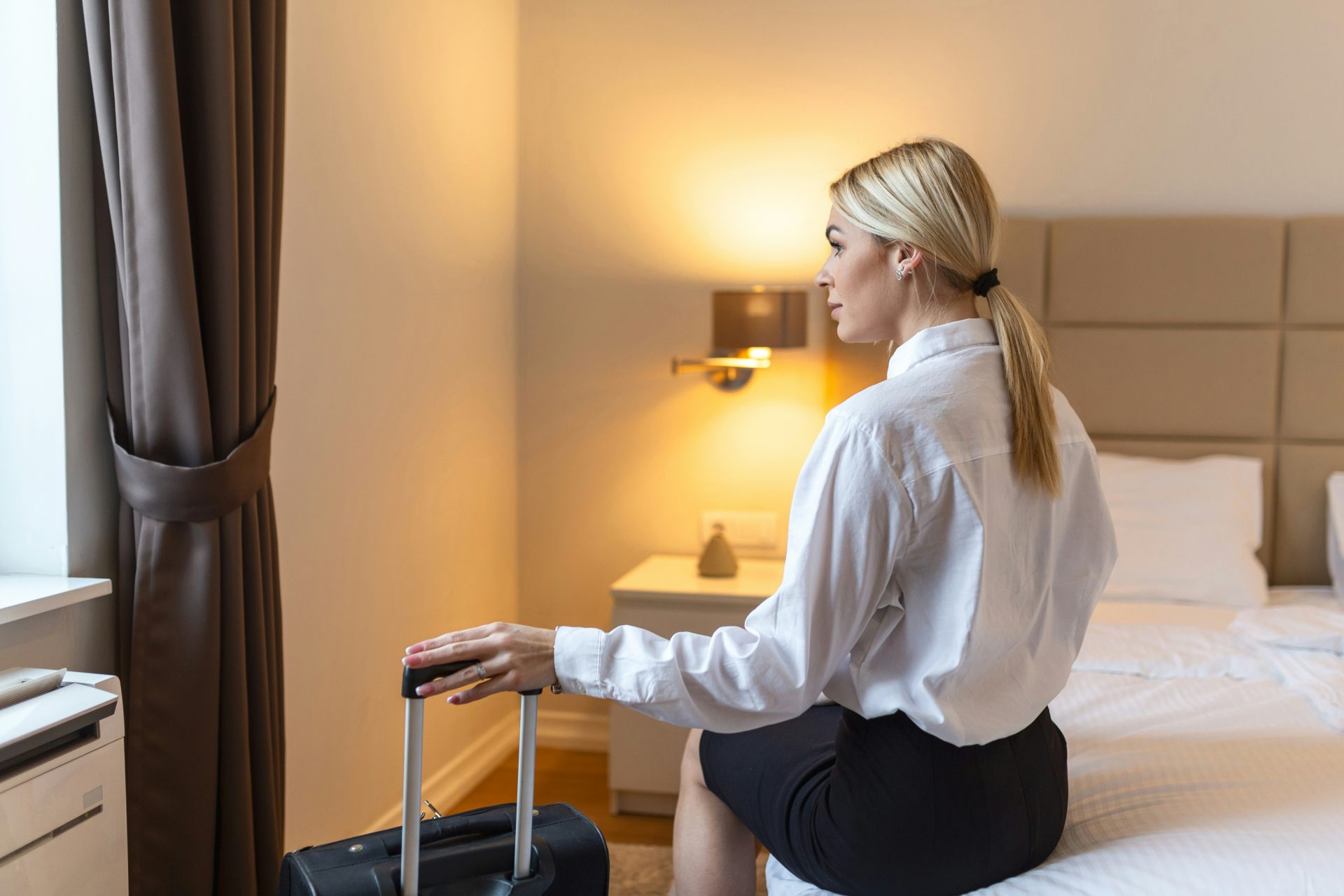
What To Do If A Hotel’s Negligence Caused You An Injury
Hotel stays should be relaxing escapes from daily life, but unfortunately, thousands of guests suffer injuries at hotels each year due to negligent conditions. According to the Bureau of Labor Statistics, the hospitality and leisure industries report an average of 2.4 injuries per year, highlighting the real risks that exist in these seemingly safe environments. When hotel negligence causes your injury, understanding your rights and taking appropriate action becomes crucial to protecting your wellbeing and securing proper compensation.
Understanding Hotel Negligence and Your Rights
Hotels have a legal duty of care to provide reasonably safe environments for their guests. This responsibility extends throughout the property, from guest rooms and hallways to restaurants, pools, and parking areas. When hotels fail to maintain safe conditions or address known hazards, they can be held liable for resulting injuries under premises liability law.
Hotel owners have a legal duty to provide a reasonably safe environment for their customers, and this obligation covers various aspects of property maintenance and safety protocols. Common examples of hotel negligence include failure to clean up spills promptly, inadequate lighting in stairwells, broken handrails, slippery pool areas without proper warnings, defective elevators, and unsafe balcony conditions.
The legal principle underlying these cases is straightforward: property owners must exercise reasonable care to keep their premises safe for visitors. When they breach this duty through action or inaction, and that breach directly causes injury to a guest, the hotel may be liable for damages.
Most Common Hotel Injuries and Their Causes
Slip and fall, or trip and fall accidents involving wet floors, slick surfaces, or uneven flooring or carpeting are among the most common hotel injury types. These incidents frequently occur in high-traffic areas where spills are more likely, such as lobbies, restaurants, and pool areas.
Common causes can include: Spills in lobby areas, freshly mopped floors, water tracked in from outside, poolside areas, and bathrooms without adequate drainage can lead to hazardous conditions for hotel guests. Additionally, inadequate warning signage compounds these risks by failing to alert guests to potentially dangerous conditions.
Hotel slip and falls can result in nerve damage, broken bones, paralysis, brain injury, fractures, and various other injuries that can impact your daily life and livelihood. The severity of these injuries often depends on factors like the guest’s age, the height of the fall, and the surface they land on.
Beyond slip and fall accidents, hotels present other injury risks including swimming pool accidents, elevator malfunctions, food poisoning from restaurant facilities, injuries from defective furniture or fixtures, burns from scalding water, and assaults due to inadequate security measures.
Immediate Steps to Take After a Hotel Injury
The moments following a hotel injury are critical for both your health and any potential legal claim. Your first priority should always be seeking medical attention, even if injuries seem minor initially. Some injuries, particularly head trauma or soft tissue damage, may not manifest symptoms immediately.
Document everything possible at the scene. Take photographs of the hazardous condition that caused your injury, the surrounding area, your visible injuries, and any relevant signage or lack thereof. If other guests witnessed the incident, obtain their contact information, as witness testimony can be invaluable later.
Report the incident to hotel management immediately and ensure they create an incident report. Request a copy of this report for your records, as it serves as official documentation that the injury occurred on hotel property. Be factual in your description but avoid speculating about fault or accepting blame.
Preserve any evidence related to your injury, including the clothing and shoes you wore at the time of the incident. These items might help reconstruct how the accident occurred. Also, keep all medical records, receipts, and documentation related to your treatment and any expenses incurred due to the injury.
Building Your Legal Case
According to a hotel injury lawyer, Morris law, professionals emphasize that successful hotel injury claims require proving several key elements. You must demonstrate that the hotel had a duty of care toward you as a guest, that they breached this duty through negligent action or inaction, that this breach directly caused your injury, and that you suffered actual damages as a result.
Evidence collection becomes paramount in establishing these elements. Medical records documenting your injuries and treatment provide crucial proof of damages. Photographs and witness statements help establish the dangerous condition and how the accident occurred. Hotel maintenance records, security footage, and incident reports can reveal whether the hotel knew about the hazard and failed to address it promptly.
Working with Legal Professionals
Hotel injury cases often involve complex legal issues and substantial financial stakes for hotel companies, who typically have experienced legal teams and insurance companies defending against claims. Most personal injury claims are settled without the need to file a lawsuit and without the need for the victim to return to Florida. (95% of all personal injury claims settle), but having professional legal representation significantly improves your chances of fair compensation.
Experienced hotel injury attorneys understand the specific challenges these cases present, including dealing with corporate legal teams, navigating insurance company tactics, and gathering evidence that hotels might otherwise suppress or lose. They can also properly value your claim by considering all current and future damages, including ongoing medical treatment, rehabilitation costs, and long-term impacts on your earning capacity.
Many personal injury attorneys work on contingency fee arrangements, meaning you pay nothing unless they recover compensation for you. This arrangement allows injured guests to pursue justice without upfront legal costs, leveling the playing field against well-funded hotel companies.
Protecting Your Recovery
According to the U.S. Bureau of Labor Statistics, twenty-two percent of slip and fall incidents resulted in more than 31 missed days of work, highlighting how these injuries can significantly impact your life and finances. Understanding your rights and taking prompt, appropriate action after a hotel injury helps ensure you receive the compensation needed for full recovery.
Time limitations apply to personal injury claims, with statutes of limitations varying by state. Acting quickly preserves your legal options and prevents crucial evidence from disappearing. Hotels may perform repairs, employees may leave, and security footage may be deleted or recorded over if too much time passes.
By understanding your rights, documenting thoroughly, and seeking appropriate professional assistance, you can navigate the aftermath of a hotel injury effectively and secure the compensation you deserve for your suffering and losses.



 Bitcoin
Bitcoin  Ethereum
Ethereum  Tether
Tether  XRP
XRP  USDC
USDC  Solana
Solana  TRON
TRON  Lido Staked Ether
Lido Staked Ether  Cardano
Cardano  Avalanche
Avalanche  Toncoin
Toncoin